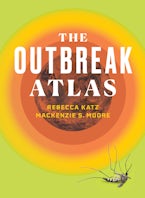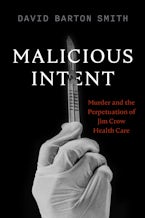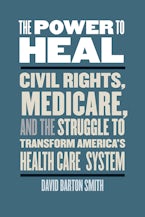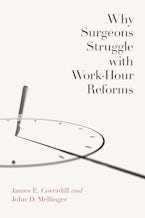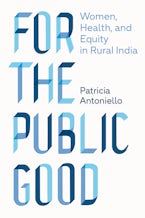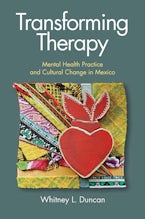- Home
- Reinventing Care
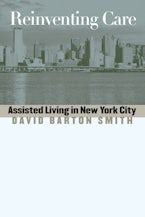
Reinventing Care
Assisted Living in New York City
In Reinventing Care, David Barton Smith offers brilliant insights into those questions by examining the realities of assisted living in New York City. Encompassing the largest, most concentrated population of elderly in the United States, New York spends more per person caring for its seniors than any other urban center. Yet, while the size of the city's care system boggles the mind, it nevertheless contains the same elements that exist in other metropolitan areas and thus provides valuable lessons for the nation as a whole.
Smith's study draws on twenty-five years of research, including hundreds of interviews and visits to representative facilities. He provides a succinct overview of how care is presently organized for New York's aging population and traces the history of the system up to the present. Among the key issues he addresses are the role of market forces and government regulation, the impact of class differences on access to quality care, and the ways in which perceptions of community affect the creation and management of assisted living programs. At the heart of the book are ten fascinating case studies, half of them focused on private-pay facilities and the other half on public-pay institutions.
While finding that the actualities of assisted living rarely match the rhetoric of its proponents, Smith sees much to admire in its goals. He suggests tactics and strategies--such as promoting family- and community-based models of assisted living and adopting a standard of licensure for certain facilities--that could point the way to a better future.
David Barton Smith, Professor Emeritus in Health Administration at Temple University, is the author of Reinventing Care: Assisted Living in New York City (also published by Vanderbilt University Press) and Health Care Divided: Race and Healing a Nation. He is assisting in the production of a companion documentary supported by the National Endowment for the Humanities.
At a time when state officials are grappling with how to regulate the new phenomenon of assisted living, Smith's perspective is invaluable. His vivid and insightful analysis shows why assisted living reprsents such a potentially dramatic departure from 'business as usual' in long-term care. His case studies also reveal the difficulties the fledgling industry has in implementing its vision for more humane and consumer-centered residentially based care, particularly for low-income people. An interesting and important read for those interested in assisted living policy and practice.
--Rosalie Kane
In contrast to prevailing models of social science, which focus on positivistic approaches to explanation, Smith attempts to understand the multiple forces shaping long-term care and the interactions among different parts of the system. His analysis is brilliant and the topic is timely.
--Victor Rodwin

